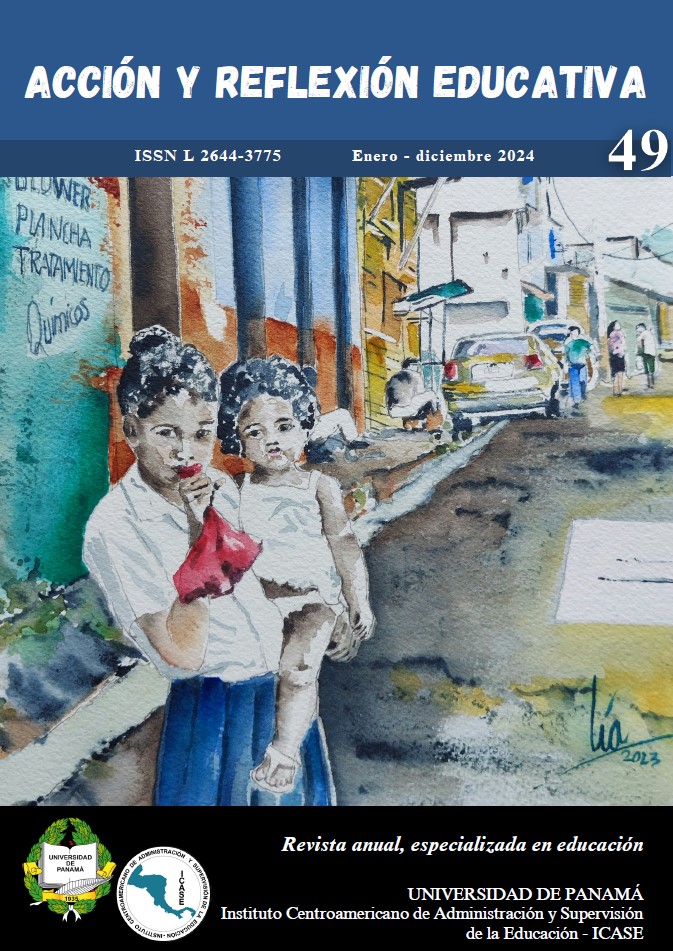

Copyright (c) 2024 Los autores

This work is licensed under a Creative Commons Attribution-NonCommercial-ShareAlike 4.0 International License.
The objective of this piece of writing is to investigate the most relevant aspects of the interculturality in the field of education with the aim of providing input that contributes to the construction of an epistemic discourse on which to base teaching practice. From a documentary review, interculturality is analyzed from its definitions, origins, characteristics, approaches, goals, criticisms and emerging perspectives in education. It is concluded that: Interculturality has multiple definitions revealing its conceptual complexity. It goes back to the education and struggles of indigenous peoples, and an intercultural education is also conceptualized as reflective, systemic, equitable, inclusive, comprehensive, fair, transformative and universal. On the one hand, among conceptual approaches, the critical one stands out as it seeks to confront holistic education, which has as a main goal a pedagogy open to dialogue and consistent with the conditions of students. On the other hand, criticism falls on the methodological level, supported by the inconsistencies among discourses, institutions and teaching practices. Finally, emerging perspectives advocate the construction of new conceptual and methodological bases as well as innovations in the teacher training process so that interculturality is truly experienced in classrooms.
You may also start an advanced similarity search for this article.